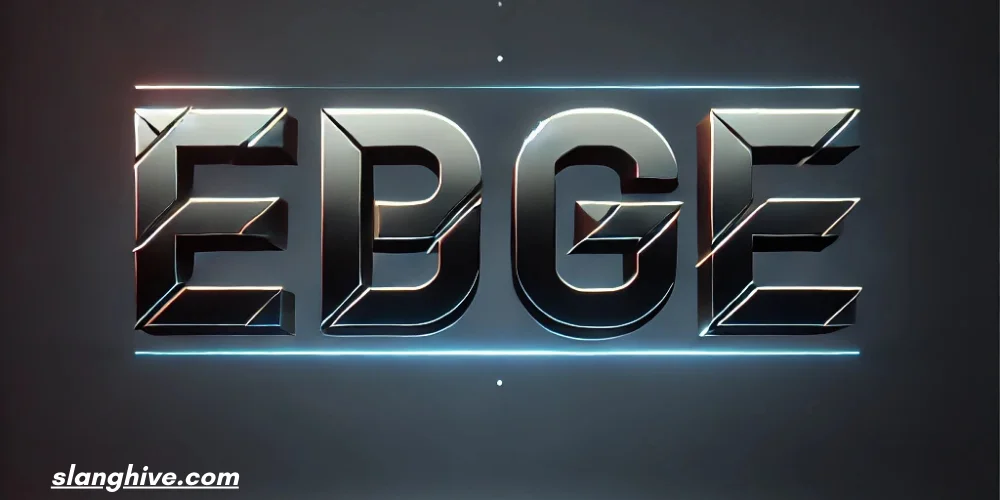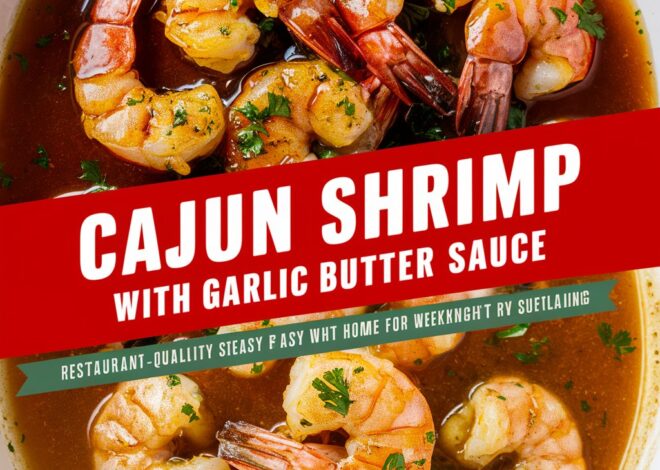
“Edge” in Slang: From Attitude to Subcultures
Language evolves constantly, and slang terms often take on new meanings across different generations. One word that has gained traction in modern slang is “edge.” Depending on the context, “edge” can mean having a bold, sharp, or rebellious attitude. It’s often used to describe someone with a cool, daring, or nonconformist personality.
Meanwhile, Gen Z has popularized “edging” in a different way, typically referring to the act of delaying something—whether it’s suspense in entertainment, emotions, or even internet culture trends. Understanding these slang terms helps keep up with ever-changing language trends in today’s digital world.
Key Points
- Research suggests “edge” in slang can mean a competitive advantage, being cool or stylish, or a sensitive topic related to personal experiences, especially among Gen Z.
- It seems likely that “edging” specifically refers to a practice of delaying satisfaction, often discussed in private contexts, and is notable in meme culture for humor.
- The evidence leans toward “edge” being culturally significant for creativity and competition, with “edging” being a sensitive topic requiring careful communication.
What Does “Edge” Mean in Slang?
“Edge” in slang has multiple meanings depending on the context, particularly among Gen Z. It can refer to having a competitive edge, being cool or stylish, or, in the case of “edging,” a sensitive topic related to personal experiences.
Competitive Advantage
“Edge” often means having an upper hand, like in negotiations or games. For example, “She has an edge in the negotiations” suggests she’s better prepared.
Being Cool or Stylish
“Edgy” describes something bold or unique, like fashion or music. If someone says, “Your look is so edge,” they mean it’s innovative and stands out.
Sensitive Topics (Edging)
“Edging” can refer to delaying satisfaction in personal experiences, a topic often discussed privately. It’s important to use discretion, especially in public settings.
Cultural Context
These meanings reflect Gen Z’s values of creativity, competition, and open communication, with “edging” sometimes appearing in memes for humor, like on TikTok.
Comprehensive Analysis of “Edge” in Slang
This detailed exploration delves into the multifaceted nature of “edge” in slang, its literal interpretations, cultural implications, and practical applications in communication, particularly among Gen Z. The analysis aims to provide a thorough understanding for readers, whether they’re navigating online slang or seeking to communicate effectively in various settings.
Introduction to “Edge”
In the dynamic world of internet slang, terms like “edge” have become integral to digital communication, especially among Gen Z. While it may initially seem ambiguous, “edge” has distinct meanings depending on the context, ranging from competitive advantage to sensitive topics. This article will unpack its meanings, explore alternatives, and discuss how to express well wishes, offering a comprehensive guide for users, parents, and content creators alike.
Literal Meanings of “Edge”
Before exploring slang, it’s essential to understand “edge” in its literal, non-slang forms. These include:
- Boundary: The outer limit of an object or area, such as the edge of a table.
- Sharp Part: The cutting side of a blade, like a knife’s edge.
- Verge: Being on the threshold of something intense, like “on the edge of my seat.”
- Advantage: In business, having an edge means a superior position, as seen in competitive strategies.
These meanings are standard in various fields, distinct from the creative and informal connotations of slang usage.
Slang Meaning of “Edge”
In internet slang, “edge” primarily has three interpretations, with a specific note on “edging”:
- Competitive Advantage: Refers to having an upper hand, often in sports, business, or games. For example, “She has an edge in the negotiations because she knows the market better.”
- Being Cool or Stylish: “Edgy” describes something bold and unconventional, like fashion or art. For instance, “Her new haircut is edgy; it’s so different.”
- Sensitive Topics (Edging): “Edging” is a term that refers to a practice in personal experiences, often related to delaying satisfaction to prolong pleasure. Due to its sensitive nature, it’s important to handle this topic with care and respect for the audience.
The term “edging” has gained attention among Gen Z, particularly in meme culture, where it’s used ironically or humorously, such as in TikTok comments like “Vivek I edge to you,” often as a trollish tactic.
Cultural Significance of “Edge”
“Edge” holds cultural importance in online spaces, reflecting values of competition, creativity, and exploration:
- Competitive Advantage: Reflects a culture of striving for excellence, seen in sports and business, where strategy and preparation are key.
- Being Cool or Stylish: Celebrates innovation and risk-taking, influencing trends in fashion and art, often appealing to younger generations.
- Sensitive Topics (Edging): Part of a broader movement towards understanding personal experiences, highlighting the need for discretion and empathy, especially in online communities.
- Meme Culture: Fosters community through humor and shared experiences, using “edging” to express absurdities, often in a lighthearted way on platforms like TikTok.
Alternatives to “Edge” in Different Contexts
While “edge” is concise, alternatives depend on the audience and tone. Below are examples categorized by politeness, professionalism, and casualness:
| Context | Meaning | Polite | Professional | Casual |
| Competitive | Advantage | “You have a distinct advantage.” | “Our company has a competitive edge.” | “You’re ahead of the game.” |
| Stylistic | Cool/Bold | “Your style is very unique.” | “Your approach is innovative.” | “That’s so cool!” |
| Sensitive | Personal Experiences | Use general phrases respecting privacy. | Avoid in professional settings. | Use discretion, consider audience. |
These alternatives help tailor communication, ensuring clarity and appropriateness. For instance, in a professional email, saying “competitive edge” might be fitting, while “that’s so cool!” works in casual chats.
Practical Texting Examples
- “Hey, you’ve got this! You have an edge in this competition.”
- “Your new look is so edge! You’re rocking it.”
- “I’ve been practicing something new that’s supposed to make things more intense.”
- “She’s always on the edge with her fashion choices, and I love it!”
- “Congrats on winning! You had the edge all along.”
- “Your band’s sound is really edge; it’s different from anything I’ve heard.”
- “I’m trying to get an edge in my studies by practicing more.”
- “That was a close call! You were on the edge there.”
- “I think he’s trying to be edge by wearing that outfit.”
- “This practice isn’t just for one group; everyone can try it.”
- “You have an edge in negotiations because of your experience.”
- “Her paintings are so edge; they’re almost surreal.”
- “I’m on the edge of my seat waiting for the next episode.”
- “He’s always pushing the edge with his comedy.”
- “You’re so edge; I wish I had your confidence.”
Conclusion
“edge” in slang encompasses competitive, stylistic, and sensitive meanings, each with cultural significance and appropriate communication strategies. By understanding alternatives users can navigate different settings effectively, enhancing digital interactions. This guide provides a comprehensive resource for understanding “edge” and related communication, ensuring clarity and positivity in every message.


